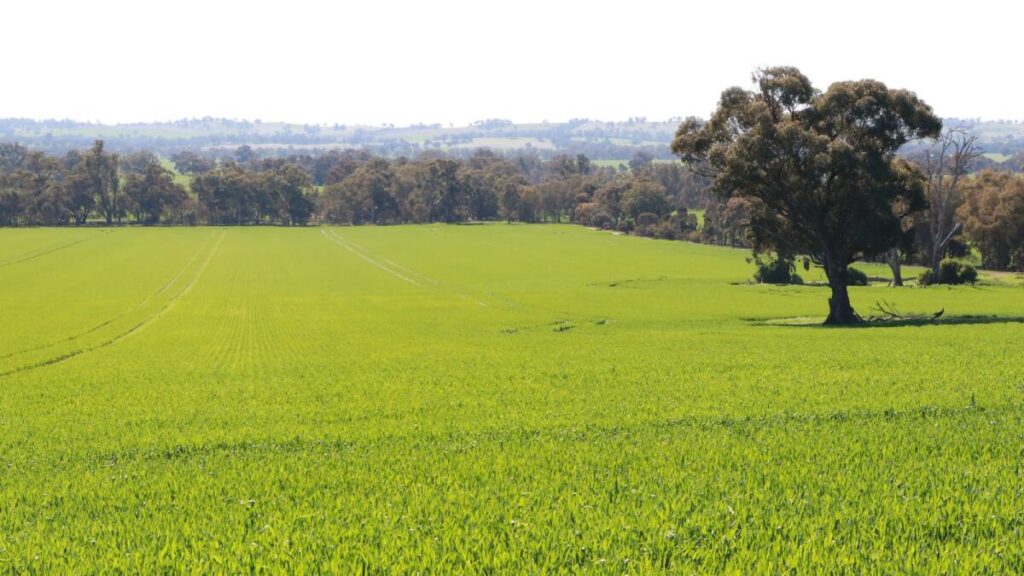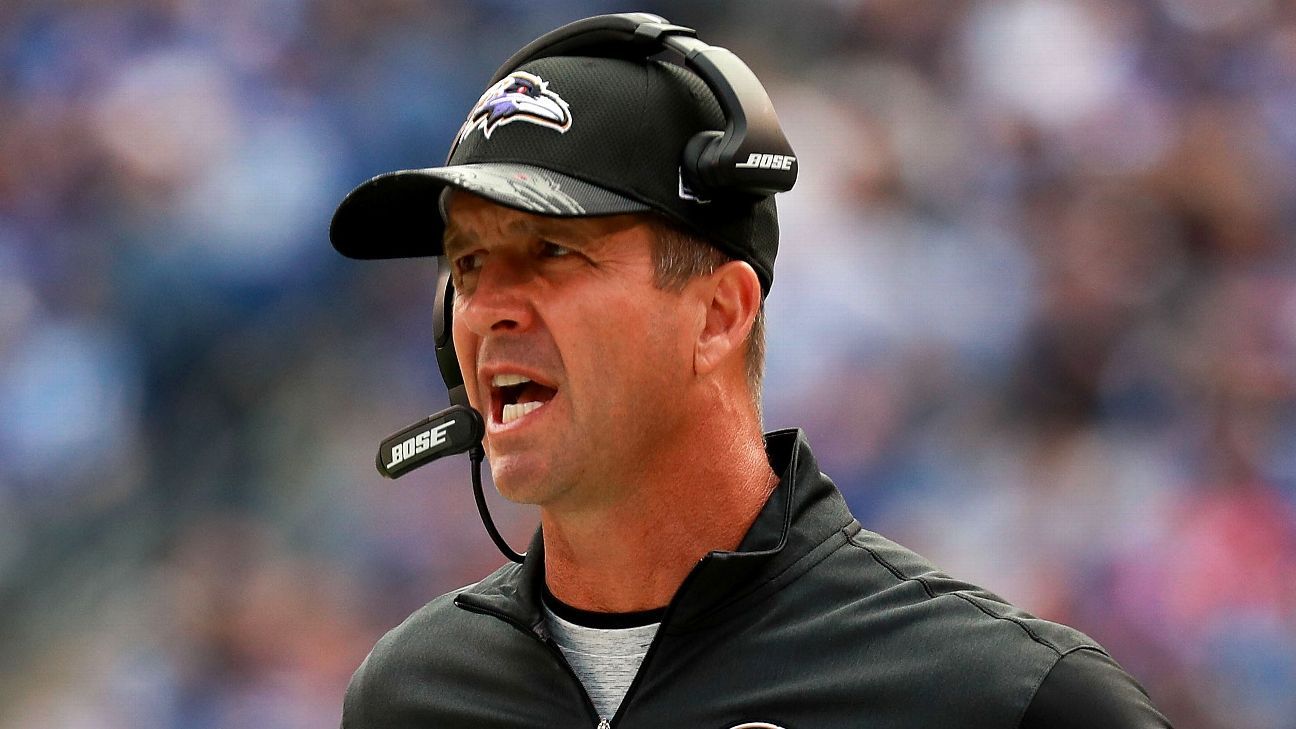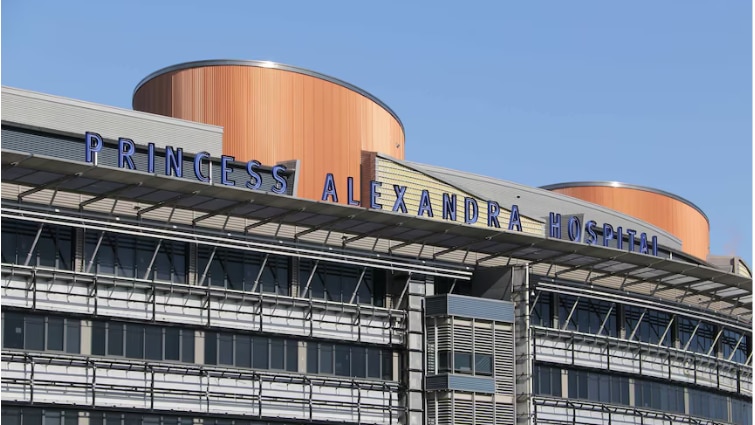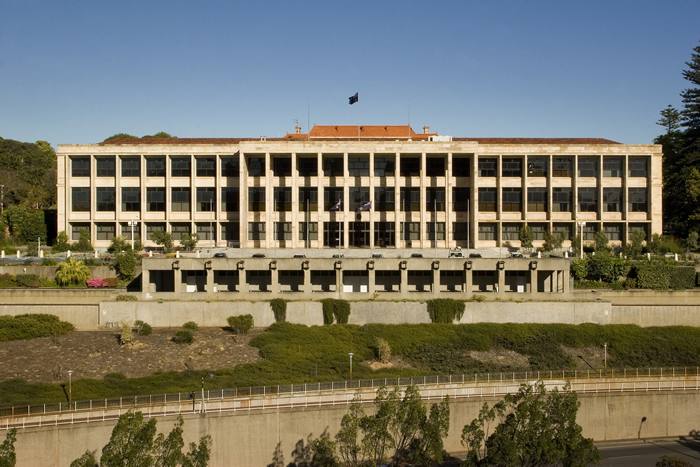
UPDATE: The City of Greater Shepparton has just announced that community consultations regarding the controversial Central North Renewable Energy Zone (REZ) will take place early in 2026. This development follows significant community pushback after the REZ was introduced without prior public consultation, specifically affecting areas between Shepparton East and Benalla.
Mayor Shane Sali confirmed the news at the November council meeting, stating that VicGrid has agreed to engage more meaningfully with residents. The REZ, established under the Victorian Transmission Plan, aims to coordinate renewable generation and transmission across Victoria. However, the recent expansion of the zone has raised alarm due to its inclusion of high-value agricultural land without proper discussions with stakeholders.
Community members have expressed strong concerns regarding the potential loss of productive farmland and the broader impact on the local economy. The council’s report, which garnered over 200 responses through targeted interviews and an online survey, highlights landholders’ fears about landscape changes and inequities in the distribution of benefits from renewable projects.
At the council meeting, Cr Geoff Akers emphasized the importance of preserving the region’s agricultural viability, particularly in the Dookie area, known for its remarkable cropping yields, averaging 4.8 to 6 tonnes per hectare. “That probably should be retained in agriculture,” he stated, underscoring the economic value of the land, which averages $19,000 per hectare—higher than the state average.
The council’s submission to VicGrid requested significant revisions to the eastern REZ boundaries, aiming to exclude high-value farmland, flood-prone areas, and land with substantial infrastructure investments. Moreover, they called for engagement with Traditional Owners to protect cultural heritage sites and urged VicGrid to conduct detailed environmental assessments.
Cr Akers reiterated the necessity of responsible community consultation, noting, “Renewables need to go where they won’t destroy prime farmland.” He expressed commitment to advocating for transparent engagement and boundary adjustments that would protect the agricultural economy while enabling renewable energy development.
Mayor Sali expressed satisfaction with VicGrid’s responsiveness, indicating that the council’s advocacy may have prevented the REZ from advancing without essential community input. “It’s pleasing that they’ve listened and taken into account what we raised,” he remarked, emphasizing the need for ongoing dialogue with landholders.
As consultations are scheduled for next year, the community will be closely watching how VicGrid addresses their concerns. The council is determined to ensure that the REZ delivers environmental benefits without compromising the region’s agricultural foundation.
For further details, access the full review by Sequana on the Central North REZ at tinyurl.com/2z3k8j9c. This developing situation is crucial for residents whose livelihoods depend on the land, making community engagement essential in shaping the future of renewable energy in the region.







